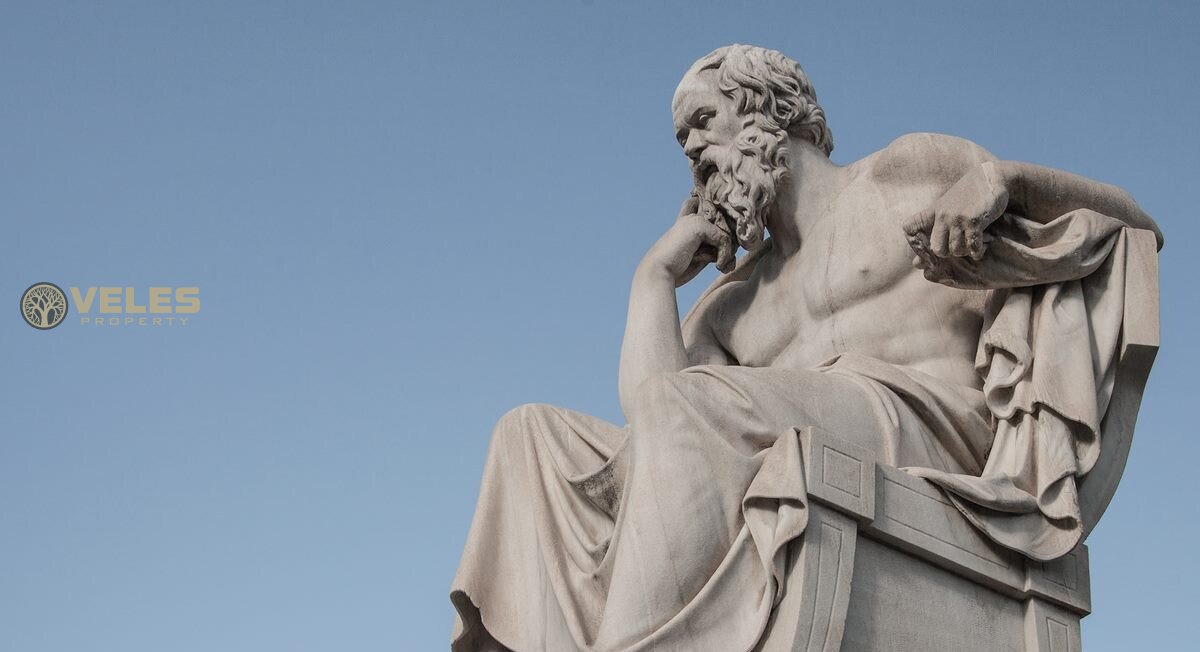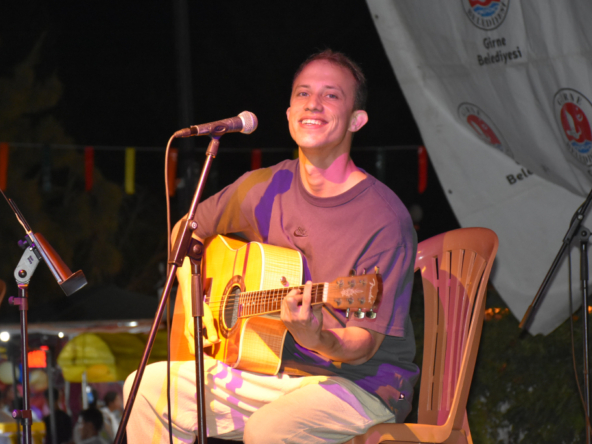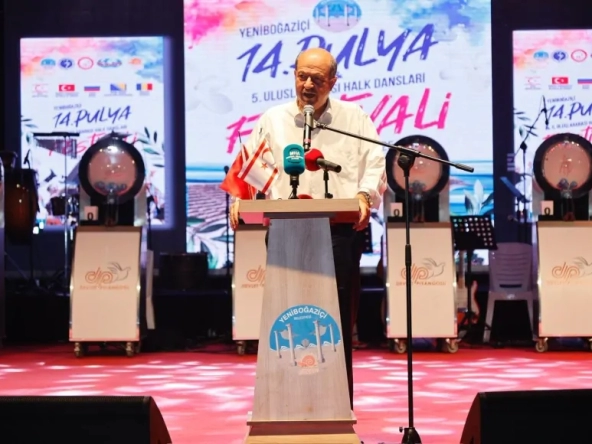In different cultures and countries, people believe that the wisest members of society are logical and reflective, and are able to consider the feelings and perceptions of other people.
Wisdom: A holy human trait that transcends intelligence, knowledge, and age. The received wisdom is identified not only by the sensations it evokes, but also by any measures of truth or efficacy that it contains.
Researchers have explored the principles behind who we think is wise in political leadership, science, and everyday life. In different cultures, participants’ judgments converged on two parameters: reflective orientation and socio-emotional awareness. Reflective orientation includes characteristics such as logical thinking, emotion control, and the application of knowledge. Social-emotional awareness includes characteristics such as caring for other people’s feelings and being attentive to social context.
The study provides a universal way for people around the world to choose how to evaluate, support and trust leaders, educators and others in positions of influence.
The study involved 2,707 people from 16 socioeconomic and cultural groups. They were asked to compare 10 people, including scientists, policymakers and teachers, in a difficult choice in a real-world scenario with no clear right or wrong answer.
Participants were then asked to rate the wisdom of these people and themselves. The data obtained were analyzed in order to identify the fundamental parameters that determine the perception of wisdom among individuals and between groups.






